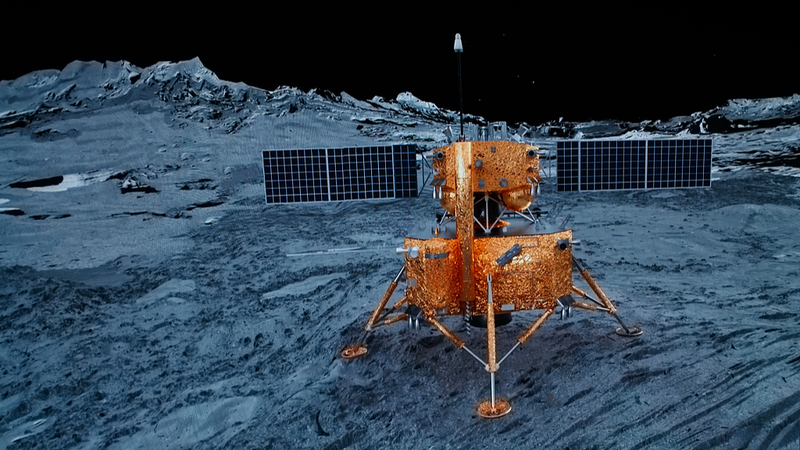🌠 Ever wondered how some planets lose their atmospheres and become barren worlds? Chinese researchers have just unlocked new secrets about this cosmic mystery! 🔍
A team from the Yunnan Observatories of the Chinese Academy of Sciences has dived deep into the phenomenon known as hydrodynamic escape—a process where a planet's upper atmosphere escapes into space as a whole. Their findings were recently published in Nature Astronomy, and they're a game-changer! 🧪✨
🌍🌌 Exoplanets, or planets outside our solar system, often face intense challenges from their nearby stars. For low-mass exoplanets especially, losing their atmosphere can mean the difference between a vibrant world and a desolate rock. Think about Earth losing its atmosphere and turning into another Mars! 😱
Before this study, scientists struggled with complex models to understand why these atmospheric escapes happen. But now, these researchers have proposed a fresh, simpler way to classify how atmospheres escape, using basic physical parameters like mass, radius, and distance from the star. 🚀
\"If Earth had lost its entire atmosphere via hydrodynamic escape, it might have become as desolate as Mars,\" said Guo Jianheng, one of the researchers. 🗣️
They discovered that for low-mass exoplanets, atmospheric escape can be driven by the planet's own internal energy, the tidal forces from its star, or heating from extreme ultraviolet radiation. Sometimes, it's a combo of all three! 🌟🔥
This new classification not only helps us understand how these distant worlds evolve but also could clue us in on the origins of planets like our own. Who knows, maybe one day we'll find a planet that's just right for us! 🌎❤️
Stay curious, space enthusiasts! The universe has countless secrets waiting to be discovered. 🚀✨
Reference(s):
Researchers study atmospheric escape mechanism of low-mass exoplanets
cgtn.com




